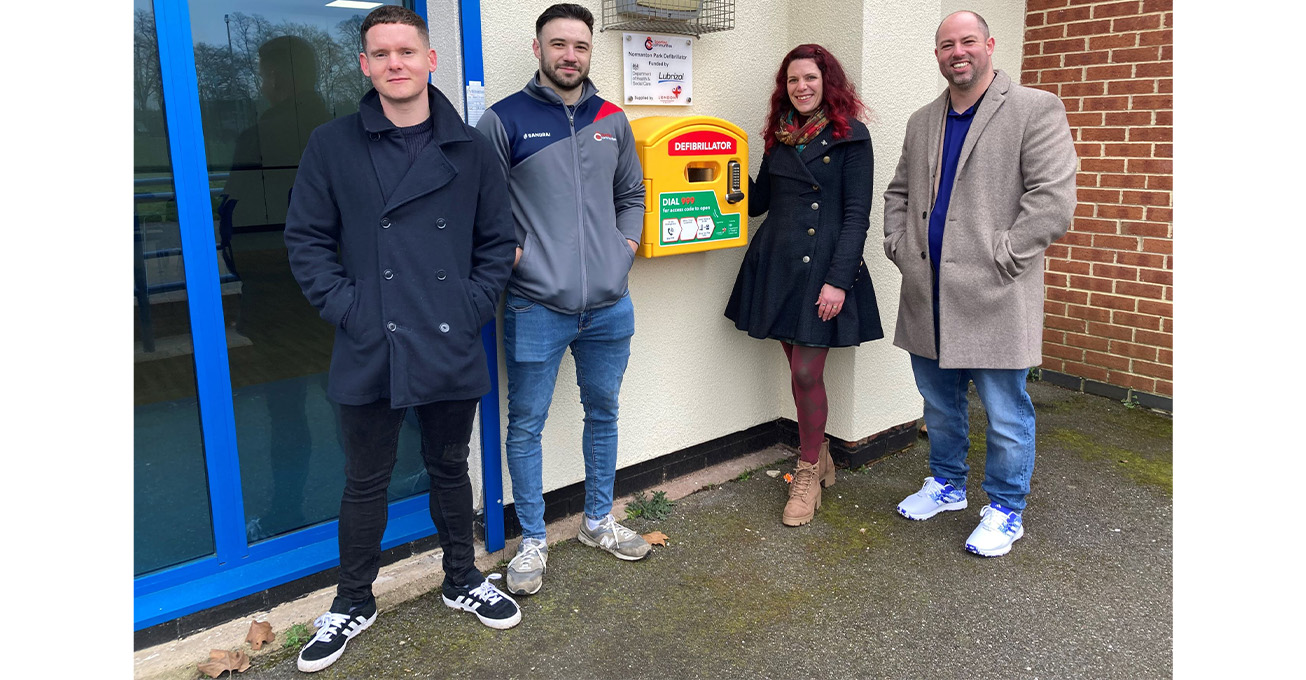 Despite the speed in which technology is developing, the physical bricks and mortar will always be an essential requirement. As of 2018, the UK played home to approximately 5.7 million private sector businesses. Each and every one of those will have tactically considered where they locate their premises. City centres have the largest amount of trading businesses — there are 14 per cent of private sector jobs, and eight per cent of private sector businesses located on only 0.08 per cent of the area of Britain. There are a variety of factors which influence where a company decides to plant its roots.
Despite the speed in which technology is developing, the physical bricks and mortar will always be an essential requirement. As of 2018, the UK played home to approximately 5.7 million private sector businesses. Each and every one of those will have tactically considered where they locate their premises. City centres have the largest amount of trading businesses — there are 14 per cent of private sector jobs, and eight per cent of private sector businesses located on only 0.08 per cent of the area of Britain. There are a variety of factors which influence where a company decides to plant its roots.
Many exporters of service choose to set up base in the city, while exporters of goods opt for more country-like locations. Here, with Lookers Nissan, who sell the new Nissan Micra, we analyse the various factors which influence where business choose to set up in the UK.
Skilled workers
Developments in technology call for an increase in the number of skilled workers to operate the variety of machinery within goods exporting businesses, and systems within service exporting businesses. It should come as no surprise that there exists a concentration of skilled workers in city centre locations matching the significant association of high GDP. In the past two decades, London has rapidly grown in regard to the number of skilled workers which it plays home to, alongside its connection with the wider global economy. As of 1997, London and the south-east accounted for a third of all national output, increasing to 37.7 per cent in 2015. It is expected to peak at 40.1 per cent in 2022. GDP in London alone was sitting at 18.7 per cent back in 1997. Now, it is predicted to rise to 24.8 per cent by 2022. As these numbers continue to exponentially grow, the number of highly skilled workers will naturally be attracted to pursue careers in London and the south-east, in turn encouraging businesses to set up camp here.
Although the continual growth of London and the South-East might be providing major positives for both respective areas, unfortunately it translates into a lack of the country’s top talent branching out. From a study conducted by the Centre for Cities, it became apparent that one in four graduates are moving to the capital following completion of their university degree in pursuit of a career. The statistics were most stark when taking into consideration Oxbridge graduates, of which 52 per cent chose to move to the capital.
Security
This might not be the first thing you would consider when examining why a business would decide upon a particular location. However, it can play a significant role. No business wants to be spending more than it needs to do. Keeping costs low are particularly important for any company, but for a new business, it is utterly crucial. Safer areas relate to lower insurance premiums, with areas such as the capital more likely to experience crime. Meanwhile, cities such as Newcastle, Aberdeen, and Plymouth, rank highly as the safest places in the UK, according to survey conducted by OnePoll.
Alongside premiums being larger, for protection of premises in less-safe areas, companies will be forced to invest in the likes of round the clock security guards and complex CCTV systems.
Transport
Transport links can exist as somewhat of a double-edged sword in regard to where a business decides to position itself. Take the likes of the manufacturing industry for example. Exporting most of their goods abroad means they will often choose to locate themselves close to either a port or an airport, allowing for easy distribution of their products. Accessibility amongst customers and staff is also worth taking into consideration. Public transport and car parking can significantly impact someone’s decision over whether or not to give you their custom. It can also impact recruitment if your premises are inaccessible by public transport.
Footfall
For many businesses their main source of custom comes via footfall. If a shopper heads into the town to buy some toiletries, but then spots a sale at the shoe shop next door and purchases from that shop, that shopper has contributed to footfall. If a business, however, decides to locate its premises on an industrial estate 10 miles away from the nearest transport links, chances are they aren’t going to benefit from the effects of footfall. Of course, this depends on what the business specialises in. A car showroom can turn a profit by positioning itself on the outskirts of a town as it is dealing in high value goods that customers are unlikely to buy on a whim. Businesses, similarly, must take into consideration that with increased footfall comes increased competition.
When setting up a new business, there are a variety of factors worth taking into consideration in regard to location of premises. This article has touched on a handful of the reasons, however they can play a significant impact on sales success!






